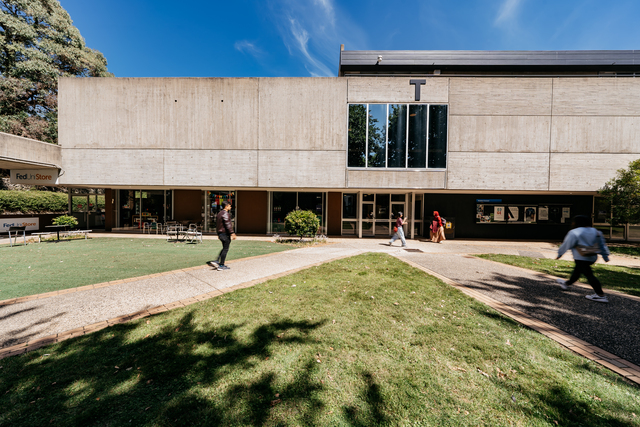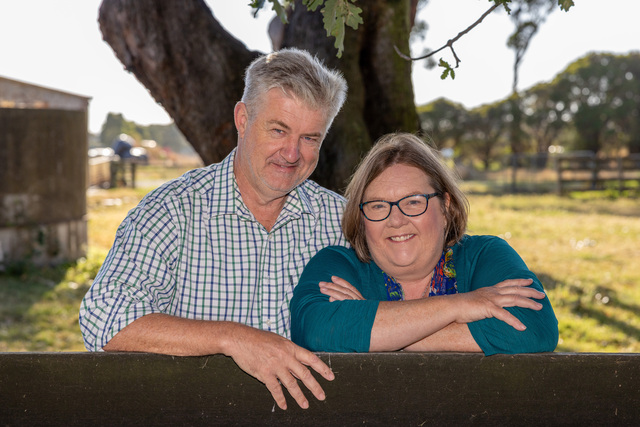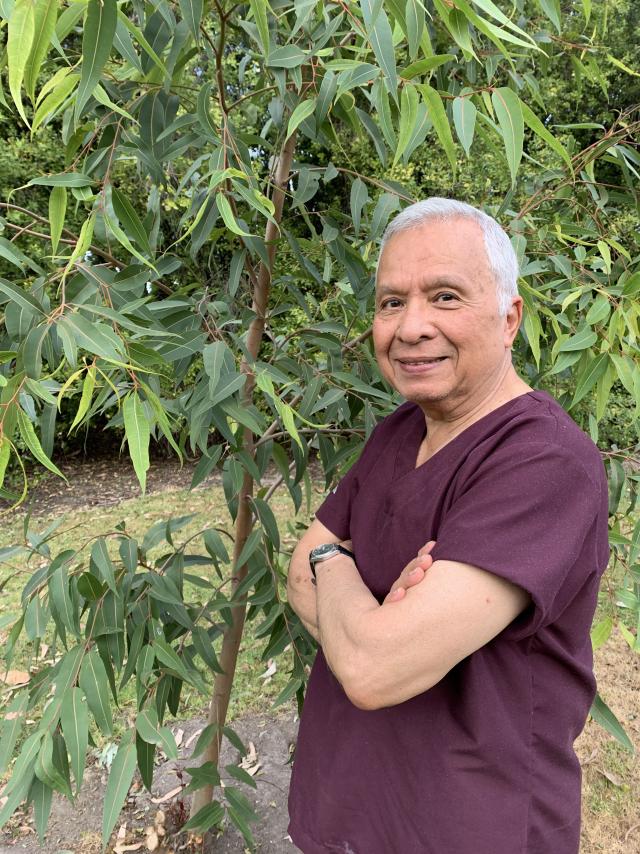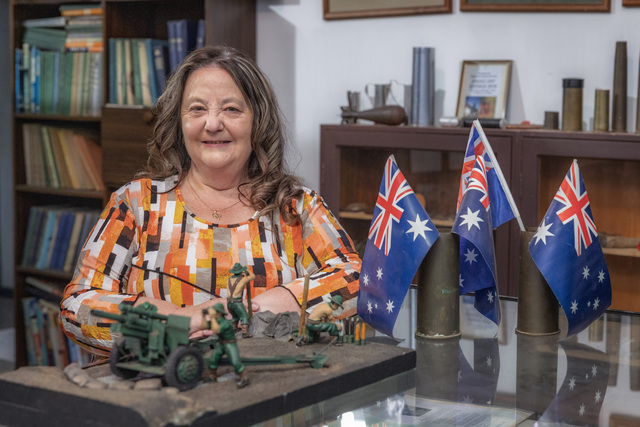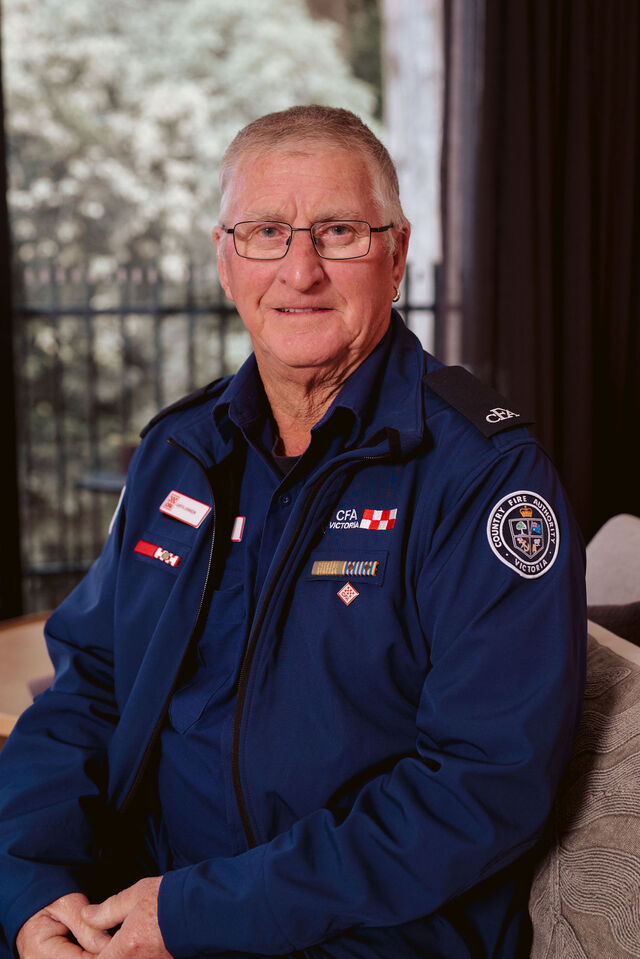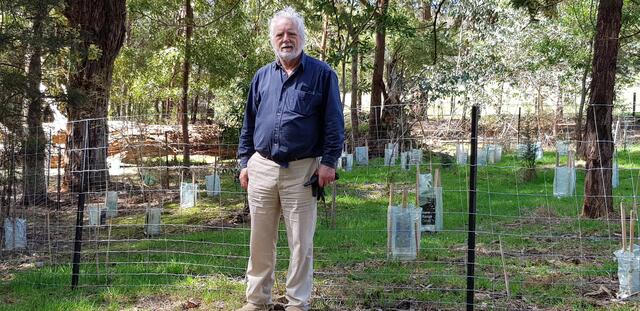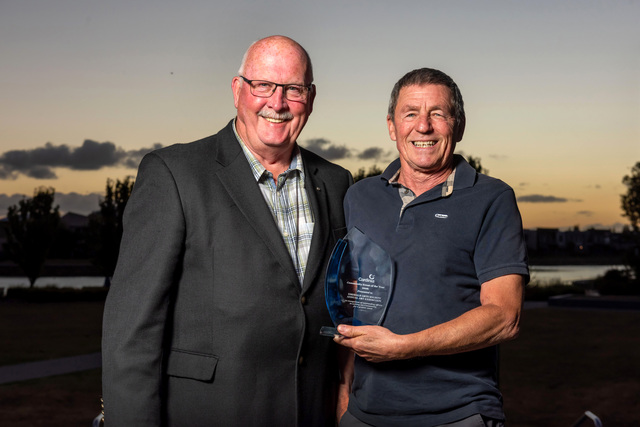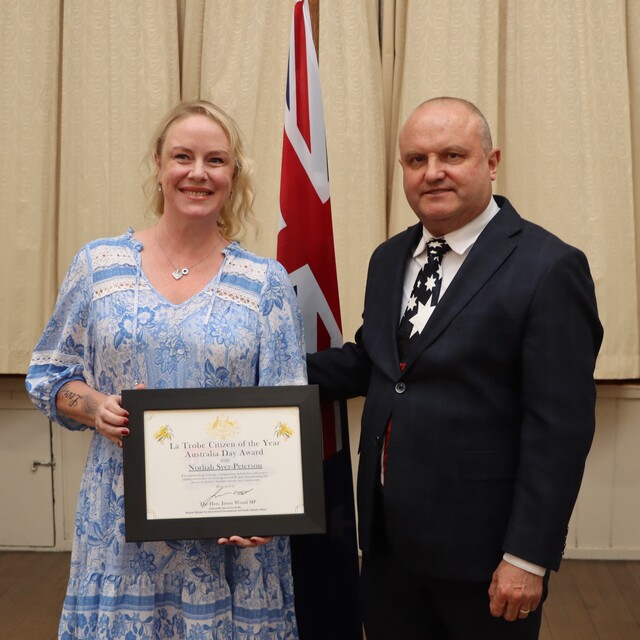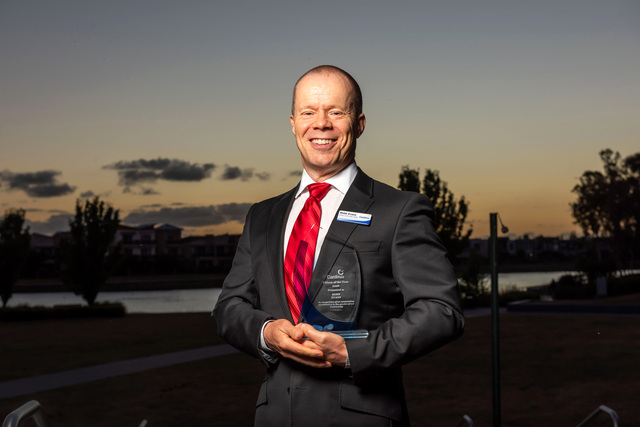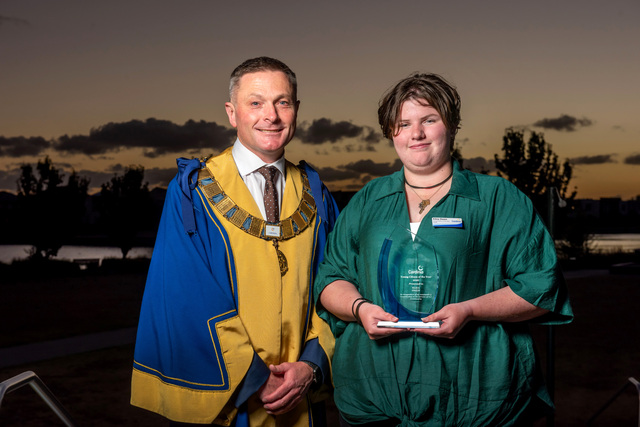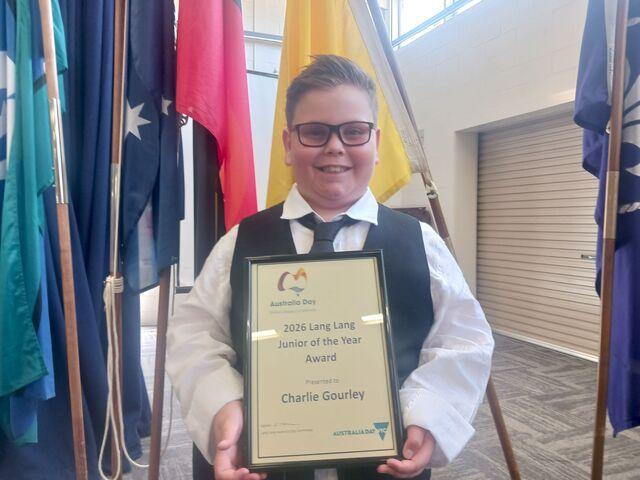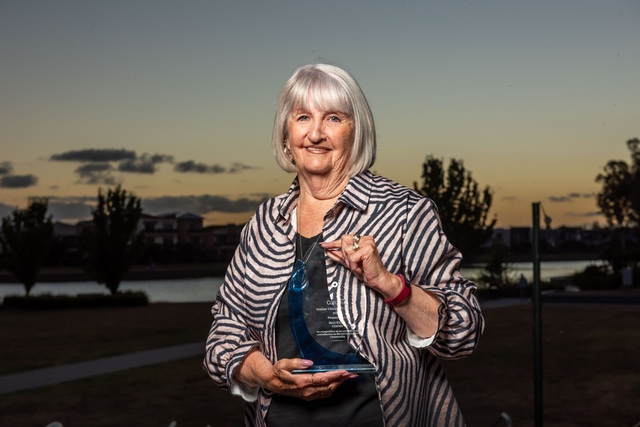By Casey Neill
BUSINESSES need to open their thinking about the future and step outside their comfort zones.
That was the advice from Dr Keith Suter at the South East Business Networks (SEBN) 20th annual dinner at Sandown Racecourse on 1 August.
“As an industry and as a nation we actually survived the financial crisis,” SEBN manager Sandra George said.
“Tonight is about the future. What it will be is what we will make of it.”
Dr Suter is a speaker on global issues and among only 100 members of global think tank The Club of Rome, alongside Mikhail Gorbachev.
It meets to analyse social, political, economic and environmental issues, their impact now and their future impact.
At the SEBN event he spoke about the three ways businesses could think to mobilise brain power for the future – prediction, preferred and possible thinking.
Dr Suter gave Moore’s Law as an example of prediction thinking.
Gordon Moore from Intel said the power of computers would double every 18 months to two years, and their price would halve at the same rate.
“This was one of the most significant predictions made in the 21st century,” he said.
Dr Suter shared his own thoughts on the future, including predicting that China would continue its rise – or rather, return.
“Seven hundred years ago the Chinese built the world’s largest city out of wood,” he said.
“It was the major dominant force in the world in terms of new thinking.
“It’s now getting back to where it was several hundred years ago.
“There’s an awful lot of China still left to develop. After China will come India.”
Dr Suter said Indonesia was young and energetic and could be the regional great power by 2050, and that Africa would eventually undergo its own economic revolution.
But he said the US faced a troubled future.
The world has seen the rise and fall of the Arab world, China and Europe over the past 1000 years.
“When I was born in London we were running a third of the world,” Dr Suter said.
“Now all we can do is put on a royal wedding.”
And he said the US was going the same way.
“Foreign enemies don’t destroy countries. Debt destroys countries,” he said.
He said Australia needed to adapt to fresh challenges its ageing population would bring, like finding work for people into their 80s.
Preferred thinking looks at what people want to see in the future.
“You try to build a future back to the present,” Dr Suter said.
US President John F Kennedy pledged to put a man on the moon and took steps to make it happen.
Preferred thinking brings ’blue ocean thinking’ into play – the red ocean is contested market space, so the blue ocean offers new customers.
“The aim is not so much to beat the competition as to make it irrelevant,” Dr Suter said.
Henry Ford invented cheaper mass-produced automobiles rather than competing against expensive and elite models, and Cirque du Soleil reinvented the circus.
Possible thinking can help businesses prepare for changes they don’t want to imagine.
Pierre Wack at Shell asked ’what if the price of oil went up?’.
“He was thinking the unthinkable,” Dr Suter said.
But the unthinkable happened, and Shell had introduced contingency plans to cope.
Dr Suter said businesses needed to think their way to success and urged them to step outside their comfort zones for inspiration.
“We live in a world of opportunities,” he said.
“Australia is the best country in the world to live in.
“We’ve got to mobilise brain power to get businesses to operate.”


